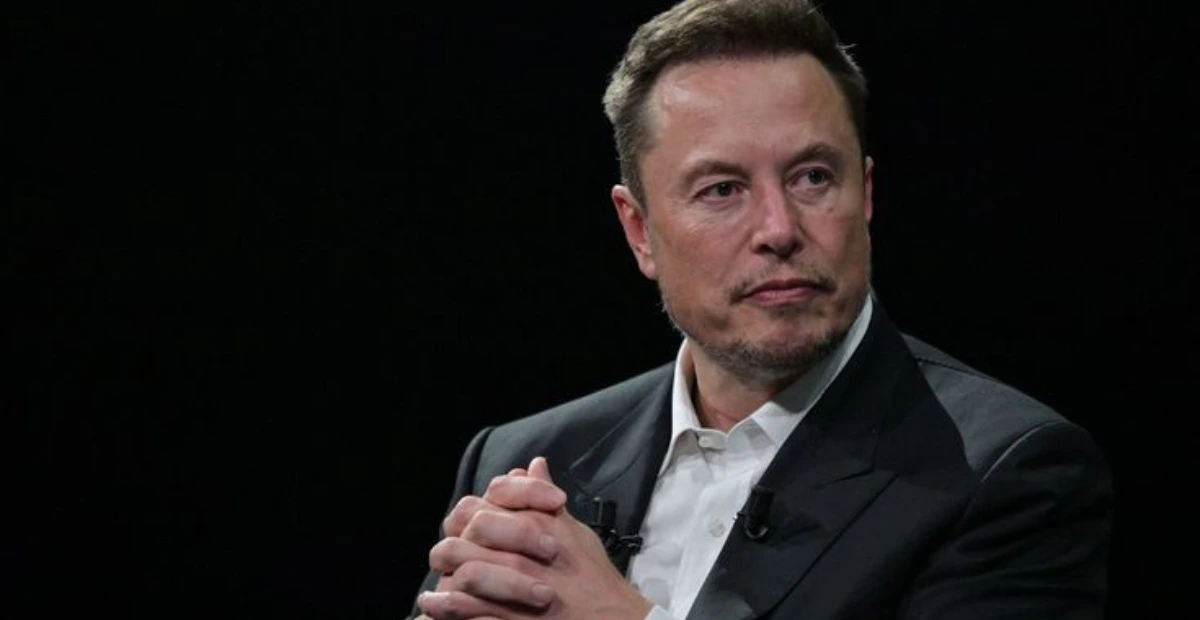When headlines say Elon Musk is worth $500 billion, it’s tempting to picture a banker’s vault stacked with cash or imagine his personal bank account holding half a trillion dollars. That image is not just wrong, it’s a useful chance to explain how wealth is actually measured and why net worth is completely different from cash in the bank.
Elon Musk recently reached the half-trillion-dollar milestone, a headline that made global news and created confusion about liquidity and cash holdings.
What Net Worth Actually Means
Net worth is simply the total value of everything you own (your assets) minus what you owe (your liabilities). That definition applies to individuals, companies, and even governments. Assets can be liquid, like cash and savings, or illiquid, like company shares, real estate, or art. The simple formula is:
Net Worth = Assets − Liabilities
Crucially, net worth is usually based on market value, which fluctuates daily. For public companies, it’s easy to calculate: share price multiplied by the number of shares owned. For private companies, it’s often an estimate based on funding rounds or market trends.
So when Tesla’s share price surges, Elon Musk’s net worth skyrockets — even though his actual bank balance hasn’t changed by a single dollar.
Where the Billions Actually Are
Most billionaires do not keep their wealth in bank accounts. Instead, their fortunes are tied up in company shares, real estate, and other assets that have high value but low liquidity. In Musk’s case, most of his wealth comes from Tesla, SpaceX, and X (formerly Twitter). Those shares are incredibly valuable, but they are not cash.
If a person owns 10 percent of a company valued at $100 billion, that’s a $10 billion stake — but turning that into spendable cash means selling stock, finding buyers, and paying taxes on the gains.
To put it simply, your stock portfolio is not your bank account.
Here’s a quick summary:
- Liquid assets: cash, savings, short-term deposits.
- Semi-liquid assets: publicly traded stocks and bonds.
- Illiquid assets: private shares, property, and collectibles.
How Billionaires Get Cash Without Selling Their Companies
Because selling large amounts of stock can trigger taxes, affect the company’s share price, and send signals to investors, many billionaires prefer to borrow against their assets instead of selling them.
Banks are often willing to lend huge sums of money using these shares as collateral. This gives wealthy individuals access to cash without giving up ownership or paying capital gains tax right away.
However, this method comes with risk. If the value of the stock drops sharply, lenders can demand repayment or even seize shares to cover losses. That’s why the term “paper wealth” exists — the number can look impressive, but it can also shrink overnight.
If you’ve ever noticed that Forbes, Bloomberg, or other wealth trackers list slightly different numbers for the same billionaire, that’s because each uses a different formula. Some include private investments, others adjust for debts or charitable pledges, and some update their data in real time based on stock market movements.
This means those flashy figures are best understood as estimates — not verified account balances.
Why This Matters to Everyday Readers
Understanding the difference between net worth and cash is not just about billionaires. It’s useful for everyone. Here’s why:
- Your house, car, and investments all have value, but that doesn’t mean they’re easily spendable.
- Always keep an emergency fund separate from your investments for liquidity.
- Avoid being “asset rich but cash poor” — a trap many people fall into.
- Build a diversified portfolio to reduce risk and ensure steady growth over time.
To learn how to diversify your investments, check out our guide on building a diversified portfolio with low-cost ETFs.
And if you want to understand how the wealthy protect and grow their money, read these 7 secrets rich people use to save money.
When you see a headline saying “Elon Musk is worth $500 billion,” remember that most of that value exists on paper. The figure changes daily with the market and doesn’t represent spendable cash.
For example, if Tesla’s stock rises 10 percent, Musk’s net worth can increase by tens of billions overnight. If it falls, he can “lose” the same amount — without any money actually changing hands.
That’s why financial headlines should be read with context: they measure value, not liquidity.
What Entrepreneurs Can Learn from This
Entrepreneurs and business owners should take a valuable lesson from Musk’s situation. Having high-value assets doesn’t always mean having spending power. To sustain growth, one needs both liquidity and financial discipline.
Developing the right business mindset plays a major role here. Learn how to adopt a strong entrepreneurial identity and mindset that can lead to long-term stability and success.
Also, successful traders and investors know when to act. Some even optimize small time windows for profitability, like the strategy discussed in Why I Trade During Lunch Break.
Simple Scenarios That Clarify the Difference
Imagine two people:
- One owns a startup valued at $100 million on paper.
- The other has $100,000 in their bank account.
The founder might be “worth” more, but the second person has far more immediate liquidity — they can spend their money today without selling anything or taking a loan.
Similarly, when a billionaire wants to make a large purchase — such as a mansion, a company, or a private jet — they rarely pay cash. They either sell a portion of their holdings, borrow against their assets, or structure payments strategically.
Understanding Liquidity and Stability
Liquidity means how quickly an asset can be converted to cash without losing much value. Even billionaires need liquidity to meet expenses, fund projects, or seize opportunities. That’s why understanding liquidity is important not just for the wealthy but for anyone managing money.
If you want to explore how the world of digital assets is changing liquidity and accessibility, read about the Samsung and Coinbase partnership that opened crypto access to over 75 million Galaxy users.
Headlines about net worth make great news, but they often oversimplify reality. Elon Musk doesn’t have $500 billion sitting in a bank. Most of his wealth is tied to his ownership in companies whose value changes every day.
For everyday readers, the key takeaway is simple:
- Net worth is not cash.
- Liquidity matters.
- Diversification and financial planning are essential.
Focus on building sustainable, liquid, and diversified wealth — not just impressive paper numbers.

